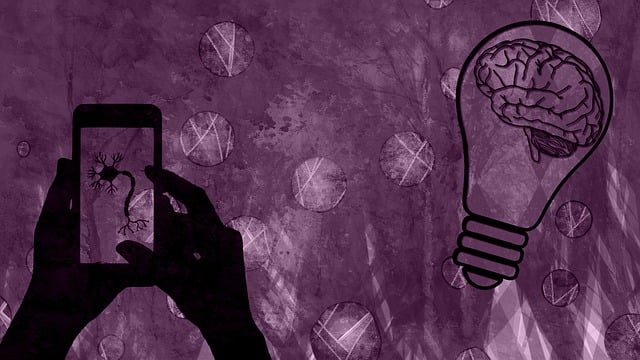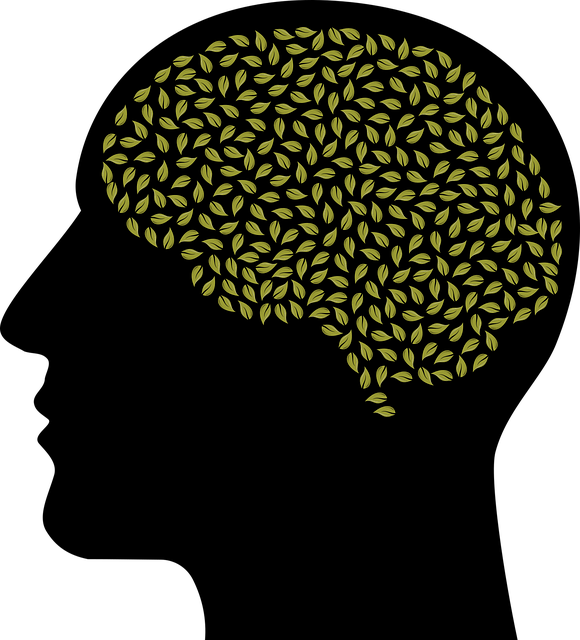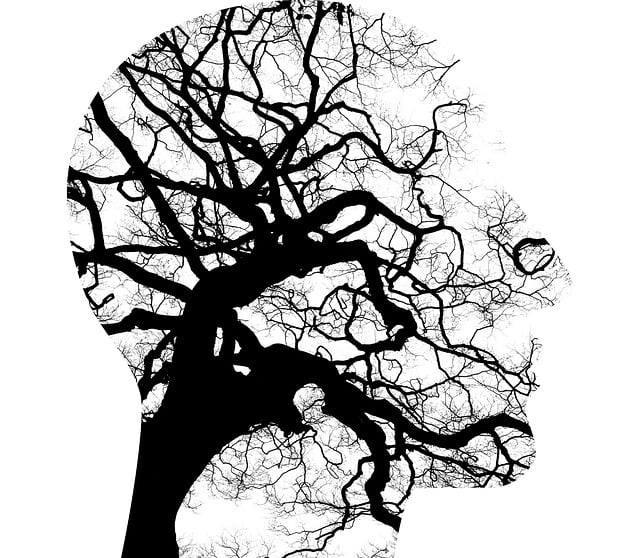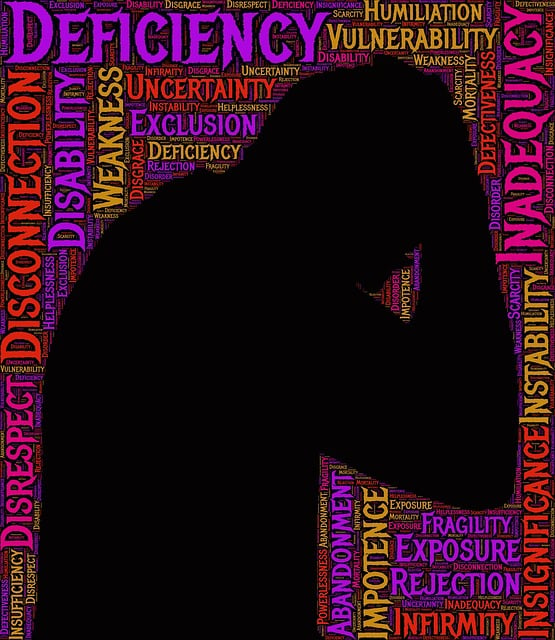Cultural diversity enriches mental healthcare by offering unique perspectives that therapists at Lafayette Cancer Issues Therapy (LCIT) leverage to provide personalized, culturally sensitive care. Recognizing individual cultural backstories shaped by heritage and lived experiences, LCIT adapts communication strategies to bridge gaps, creating inclusive environments for open dialogue and understanding. Through training, supervision, self-care, and education on diverse cultural contexts, therapists navigate challenges like language barriers and unconscious biases, ensuring effective crisis interventions and tailored therapy plans that respect every client's needs.
Mental healthcare practices are evolving to embrace cultural sensitivity, recognizing that a one-size-fits-all approach can be detrimental. This article explores the intricate relationship between cultural diversity and mental health, delving into the challenges faced by professionals in providing culturally sensitive care. We present strategies for therapists to enhance their cross-cultural competence, highlighting the innovative work of Lafayette Cancer Issues Therapy as a model for integrating diverse cultural perspectives in therapy.
- Understanding Cultural Diversity and Its Impact on Mental Health
- Challenges in Providing Culturally Sensitive Care
- Strategies for Incorporating Cultural Sensitivity in Therapy
- The Role of Lafayette Cancer Issues Therapy in Promoting Cross-Cultural Competence
Understanding Cultural Diversity and Its Impact on Mental Health

Cultural diversity is a rich aspect of modern society, offering unique perspectives and experiences that can greatly impact mental health. When providing therapy services, like those offered by Lafayette Cancer Issues Therapy, it’s crucial to recognize and understand these cultural nuances. Every individual carries a unique cultural backpack shaped by their heritage, beliefs, and lived experiences. This diversity extends to how people perceive and express emotions, cope with stress, and seek support for mental health issues, such as anxiety relief or trauma support services.
Effective mental healthcare requires professionals to adapt their approaches, employing communication strategies that bridge cultural gaps. By sensitively engaging with clients from different backgrounds, therapists can create a safe and inclusive environment. This fosters open dialogue, enhances understanding of the individual’s struggles, and promotes more personalized treatment plans. Incorporating these cultural considerations is not just beneficial for the client; it also ensures that therapy services are accessible and effective in addressing various mental health concerns.
Challenges in Providing Culturally Sensitive Care

Providing culturally sensitive care presents unique challenges for mental healthcare professionals, particularly when working with diverse patient populations. One significant hurdle is the potential for language barriers, which can hinder effective communication and understanding between therapist and client. This issue, especially pertinent in areas like Lafayette Cancer Issues Therapy, where cultural diversity is often high, requires therapists to either provide interpretation services or develop cross-cultural communication skills to bridge this gap.
Additionally, healthcare providers must be mindful of unconscious biases and stereotypes that can influence their interactions with patients from different cultural backgrounds. These biases may result in misinterpreting symptoms, assigning diagnoses based on cultural norms, or failing to address culturally specific concerns. Implementing burnout prevention strategies for healthcare providers is crucial, as high levels of stress and exhaustion can compromise a therapist’s ability to offer empathetic, sensitive care. Through training in cultural sensitivity, ongoing supervision, and self-care practices, mental health professionals can navigate these challenges effectively, ensuring that all patients receive respectful and tailored therapy.
Strategies for Incorporating Cultural Sensitivity in Therapy

Incorporating cultural sensitivity into therapy sessions is a multifaceted approach that requires therapists to be aware of their own biases and actively engage with clients’ cultural backgrounds. One effective strategy is to encourage open dialogue, allowing clients to share their perspectives and experiences freely. This can involve asking about cultural practices, beliefs, and any potential barriers to treatment that are unique to the client’s heritage. For instance, a therapist might discuss how certain cultural norms influence self-care routines development for better mental health or explore ways to integrate traditional healing methods while providing effective Lafayette Cancer Issues therapy.
Additionally, therapists should strive to create a safe and non-judgmental environment, recognizing and challenging their own assumptions about different cultures. This may include educating themselves on various cultural contexts, particularly those related to mental illness stigma reduction efforts. By understanding the social and historical factors contributing to stigma, therapists can offer more nuanced support and guidance in crisis intervention situations. They can also adapt their communication styles and interventions to be culturally responsive, ensuring that every client feels heard and respected throughout their therapy journey.
The Role of Lafayette Cancer Issues Therapy in Promoting Cross-Cultural Competence

Lafayette Cancer Issues Therapy (LCIT) is a pioneering approach that plays a pivotal role in fostering cross-cultural competence within mental healthcare. This therapeutic method recognizes and addresses the unique cultural challenges faced by individuals from diverse backgrounds, offering a safe space for them to explore their mental wellness. By incorporating cultural elements into therapy sessions, LCIT enables practitioners to provide more tailored and effective care.
The Mental Wellness Journaling Exercise Guidance, often integrated into LCIT, is a powerful tool for encouraging self-reflection and promoting self-esteem improvement. This practice allows clients from various cultures to express their thoughts and emotions while gaining insights into their mental processes. Additionally, the focus on cultural sensitivity helps therapists build stronger connections with their patients, fostering an environment of trust that can significantly enhance confidence boosting.
Mental healthcare professionals must embrace cultural sensitivity to provide effective treatment, especially considering the diverse nature of modern society. By understanding the impact of cultural diversity on mental health and implementing strategies like those championed by Lafayette Cancer Issues Therapy, practitioners can overcome challenges and offer more inclusive care. This approach ensures that individuals from various backgrounds receive tailored support, fostering better outcomes and stronger therapeutic alliances.














